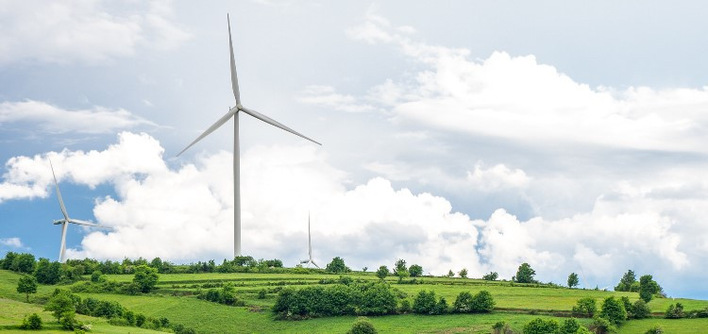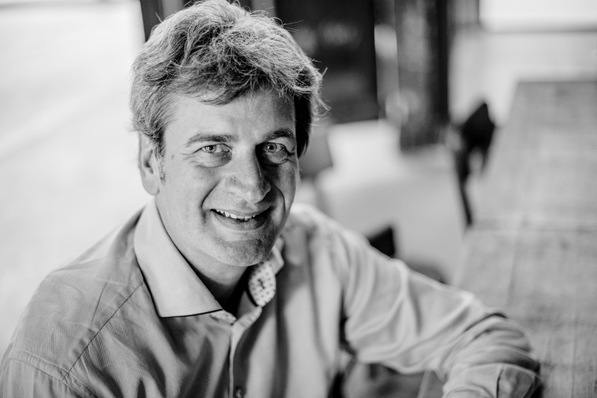Kai Lippert is the Managing Director of the specialist solar retailer EWS in Handewitt in German Flensburg county. He sees a great potential, especially in Sweden. "Photovoltaics is already on the brink of economic viability in Sweden," he says. "What is more, there is a strong ecological awareness and a keen interest in self-sufficiency".
At 13 to 14 cents per kilowatt hour, household electricity tariffs are also significantly more expensive than in neighbouring Norway, whose inhabitants pay only around five cents per kilowatt hour. EWS is currently working with around 50 installing companies in Sweden. Two members of staff at EWS headquarters speak Swedish, "although English is also widely spoken", as Lippert states.
Speak their language and build a shop
In order to access this market even better, EWS recently launched its online shop in Swedish. The focus is mainly on rooftop installations and small commercial installations of up to 300 kilowatts in southern Sweden. "There is a very strong demand for quality, which helps us a lot," Lippert says. "The Swedes also get on well with the Germans."
With a market share of 10 percent (of a total of around 70 megawatts), EWS performed well last year. "We generate 80 percent of our sales from powerful brands such as Fronius, SMA and Kostal," Kai Lippert says. For this year he anticipates capacity additions in the three-figure megawatt range. As of July 1, the previous tax rate on the self-consumption of commercial installations over 255 kilowatts was reduced by 98 percent. The Swedish government recently announced an increase in subsidies for buying and installing rooftop systems between 20 and 30 percent.
Electric mobility is a driving force in Norway
Solarwatt has recently become active in Sweden as well as Norway. Pol Spronck heads the international sales department of the Saxon supplier of solar panels and electricity storage systems. "We have noticed that our solar panels now are often given precedence over to products from non-European competitors," he says. "Buyers are not guided by short-term returns, but rather by longer-term benefits such as higher returns over the entire service life of the panels."
Demand for glass-glass panels is increasing rapidly. He expects sales of solar panels in Sweden to reach around eight megawatts this year. The 30-year warranty for the double-glass panels, the recently launched cooperation with Fronius and strong local partners such as Klar or Ecokraft have also had a positive effect on sales.
Spronck is optimistic that a market for storage will soon also develop. He sees electric mobility as the main driving force behind photovoltaics and storage in Norway. In 2016, solar power installations with an output of around 11 megawatts were installed in Norway. This represents an increase of 366 percent compared with 2015. (Hans-Christoph Neidlein)
Stay informed, get our newsletter twice a week.
Register here: http://www.pveurope.eu/Newsletter
Read more on PV in Scandinavia:
http://www.pveurope.eu/News/Solar-Generator/Sweden-banks-on-quality-Solarwatt-expanding-its-business
http://www.pveurope.eu/News/Solar-Generator/E-mobility-pushes-solar-and-energy-storage-in-Norway
http://www.pveurope.eu/News/Markets-Money/Solar-on-the-rise-in-Finland-strong-market-growth







